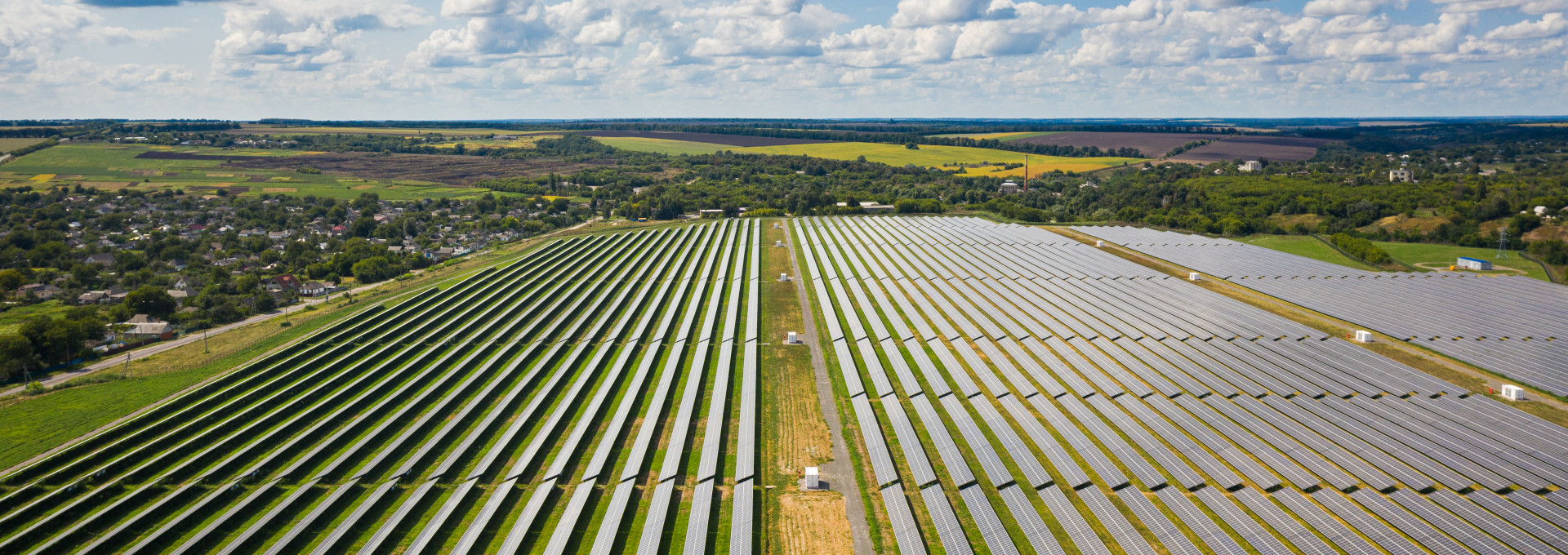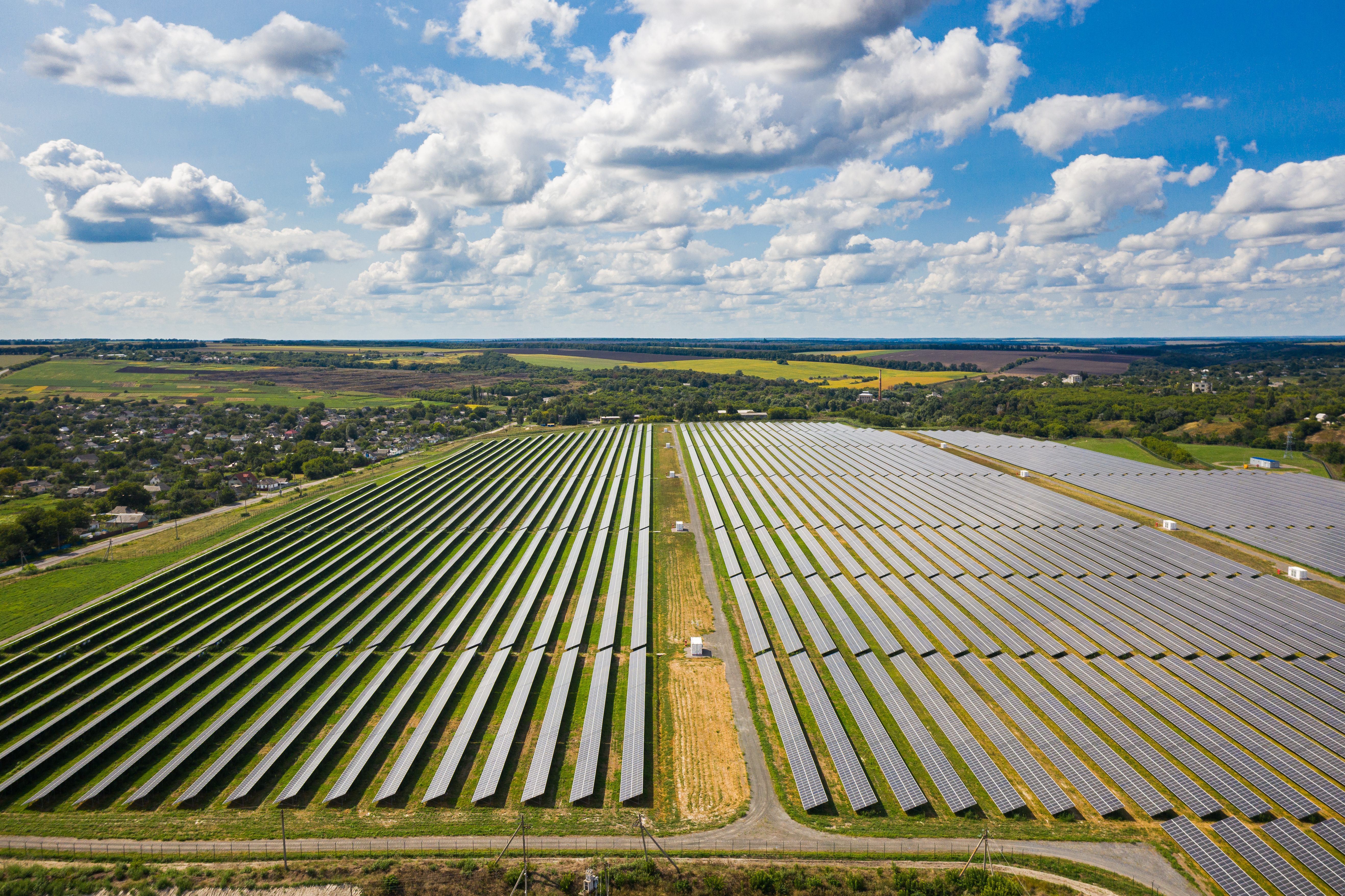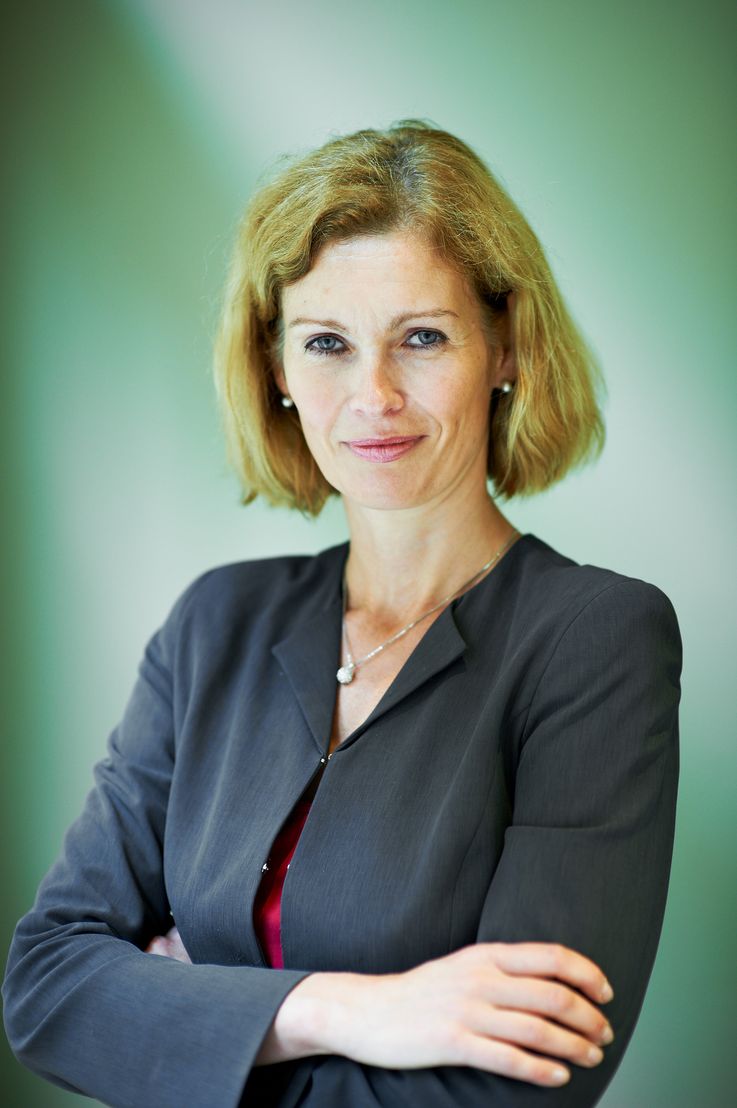



As a candidate for EU membership, Ukraine has to initiate a series of reforms and develop a reconstruction plan in the midst of the Russian war of aggression. A German-Ukrainian-Polish project aims to help make Ukraine’s climate and energy policies fit for EU accession.
After Ukraine was officially granted EU candidate status in June 2022, observers expect the European Council to give its go-ahead for the start of formal accession talks before the end of this year. Candidate countries must transpose EU rules and regulations in all areas, including energy and climate policy, into their national law. The complex accession process can take many years.


A new trilateral project by Helmholtz-Zentrum Berlin (HZB) with partners from Ukraine and Poland aims to support the country in this process. The aim of Green Deal Ukraina is to establish an independent think tank in the capital city of Kyiv by 2027 to advise Ukrainian decision-makers on green reconstruction and EU accession. The project’s first research results, including an energy and climate roadmap for Ukraine towards the EU, were presented at a high-level event in Kyiv in October.
An essential aspect of the project, funded by the German Federal Ministry of Education and Research, is that it is neutral and scientific, says Susanne Nies, project leader at HZB. "Through data-based policy advice and training, we want to create an opportunity for Ukraine to choose for itself how the green reconstruction of the country should look like." For this purpose, the project will provide policy analyses, data modeling and training programs on the EU energy and climate requirements for Ukrainian decision-makers.
Herculean task
According to Nies, Ukraine is facing a Herculean task: A country with a huge area and a population of over 40 million in the heart of Europe needs to become fit for accession to the EU. At the same time, Ukraine’s energy system is facing major challenges. The energy intensity of the Ukrainian economy is twice as high as the EU average. Energy prices are too low due to subsidies, and many state-owned energy companies are bankrupt. Despite the government’s efforts, corruption also remains a major problem.
Last winter, more than 50 percent of Ukraine’s energy infrastructure were damaged by the Russian attacks, leading to power outages as well as heating and water shortages. As a result, Ukrainians spent on average 35 days without electricity. Because of the war, about 90 percent of Ukraine’s wind power and up to 50 percent of its solar capacity were also shut down since most of the plants are located in the occupied territories or in the active war zone.
Huge potential
Over a million diesel generators helped the country make it through last winter, says Nies. "But that’s not the future of the country. The future is the decentralization of its energy system and renewable energy sources," adds Nies. According to the Ukrainian Academy of Sciences, renewable energy has a potential of 874 GW in Ukraine. "That’s three times the total installed capacity in Germany," notes Nies.
Before the start of the war, Ukraine had already significantly increased its climate targets and intensively deployed renewable energy. According to a 2022 REN21 report, in 2020 the country had exceeded its target of 11 percent share for renewables, including large hydropower, in power generation by reaching 14 percent. In 2021, the target of carbon neutrality by 2060 was announced.
According to Nies, the project could support Ukraine in its goal of becoming a hub for research and development of renewable energy technologies in Europe and connect the scientific communities in Germany, Ukraine and Poland. In addition, the HZB is a world leader in the development of thin-film solar modules made from new material combinations. This provides an opportunity to set up a joint research lab with Ukraine and develop a European response to Chinese dominance on the photovoltaic market, says Nies.
Green Deal Ukraina
The aim of the Green Deal Ukraina project is to establish an independent energy and climate think tank in Kyiv by 2027 to advise decision-makers on green reconstruction and Ukraine’s EU accession. The project partners are the Helmholtz-Zentrum Berlin (HZB), the Polish think tank Forum Energii, the Ukrainian think tank DixiGroup and the Ukrainian NGO EcoAction.
In addition to data analyses and policy advice, the project aims to provide training programs on EU energy and climate policy for Ukrainian decision-makers. The trilateral project is funded by the German Federal Ministry of Education and Research and is based in Berlin, Kyiv and Warsaw. It started in 2023 and is scheduled to run for four years.